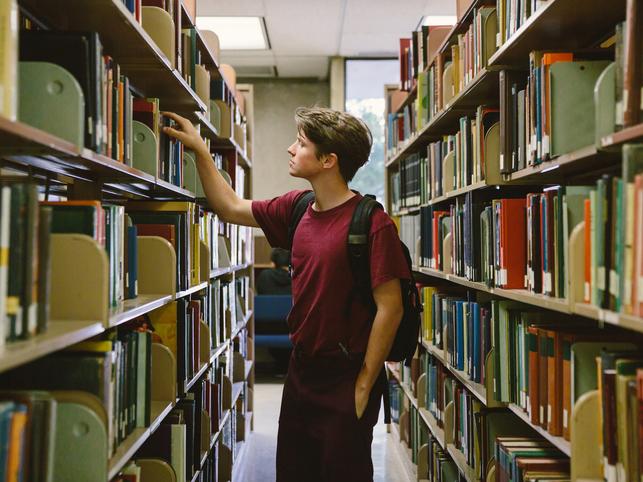
Building a university library service where everyone feels welcome

It can feel overwhelming to put cultural change into practice. Our Library Strategy 2023-2027, which is built around our core values of fostering belonging, empowering our users, inclusivity and environmental sustainability, gives us a framework. We are living our values through our work on anti-racism and sustainability, as well as our commitment to equality, inclusion and diversity (EDI) and meaningful community engagement.
These are some lessons we have learned on how to get started through practical actions and initiatives.
Start small
It is one thing to sit in a training room and listen to EDI goals and strategies, and another to put those lessons to work. The most important thing is that you start – to go, as one participant in our Reading about Racism programme put it, “from overthinking to action”.
In addition, all our managers participated in the Advance HE Anti-Racist Practice programme. Initially, some felt overwhelmed and were not sure where to start on the issues that this programme raised.
- THE podcast: how the university library is an agent of change
- Video: tips on providing free public access to your university library
- Seven strategies to turn academic libraries into social organisations
Collectively, we realised that it is enough to start somewhere and build on your small successes. We became aware of the need to understand the impact of exclusion and how this relates to a lack of a sense of belonging. Over time, these have added up to significant, meaningful and impactful changes, such as implementing more inclusive recruitment practices. Colleagues in the university have seen and wanted to emulate these, thus building up a momentum of positive change within our university community.
Be a good partner
Good partnership working acknowledges that everyone brings value, but not everyone has equal access to power. It might not always feel like it, but in higher education we have a great amount of institutional privilege – access to resources, spaces and experts. Be mindful that it is not our job to “fix” or “solve”, but to support our partners in achieving shared aims. We are especially proud of what our library eco-champions have achieved by working in partnership, for example, leading on a Welsh-government-funded climate conversation for the entire university.
Get out of your comfort zone
Learning and growth involve reflection and emotion, as well as book-learning. Acknowledging this and supporting each other has helped us work through uncomfortable and emotional territory. This has included developing an anti-racist cataloguing guide and working with Cardiff University School of Medicine to develop online teaching resources on representation of race in the medical literature and the history of racism in medicine. It became a valuable learning experience for all involved.
This shift in our comfort zones moved us into the unknown where there were more questions than answers around complex patterns of exclusion. But within these conversations, we increased our knowledge and understanding of how marginalised groups experience their lives in our university. Inviting staff and students into these conversations is an essential aspect of intentional inclusion that will improve the quality of our decision-making and our awareness of difference.
Build on good practice
With so much good work out there, it is motivating to engage with the literature, projects and individuals who are leading the charge. When it comes to larger, more complex work, they will be your guiding light. In our work to modernise and tackle historical racist, ableist, homophobic and misogynistic bias in our own library metadata, we actively sought out and evaluated ground-breaking work, learning and drawing inspiration from those who had gone before.
Use co-design to develop meaningful community connections
Public engagement projects in higher education can often end up being a little dry, self-serving and, at their worst, extractive and careless with people’s marginalities. To prevent this, we put participants’ needs and enjoyment at the centre of our engagement programme. By asking: “What do you need?”, “What do you fancy trying?” and “What could we make together?”, we have developed meaningful and enduring relationships with local LGBTQ+ communities, people with experience of homelessness and Welsh-speaking communities.
Tracey Stanley is the library director, and Sara Huws is civic engagement officer, both at Cardiff University Library. This article was written with contributions from Susan Cousins, who is senior compliance adviser for race, religion and belief at Cardiff University.
Cardiff University Library was shortlisted in the Outstanding Library Team of the Year category in the 2024 THE Awards. A full list of nominees can be found here.
If you would like advice and insight from academics and university staff delivered directly to your inbox each week, sign up for the Campus newsletter.
Additional Links
For more resources and advice from the best in UK and Irish higher education, visit our THE Awards 2024 spotlight.


